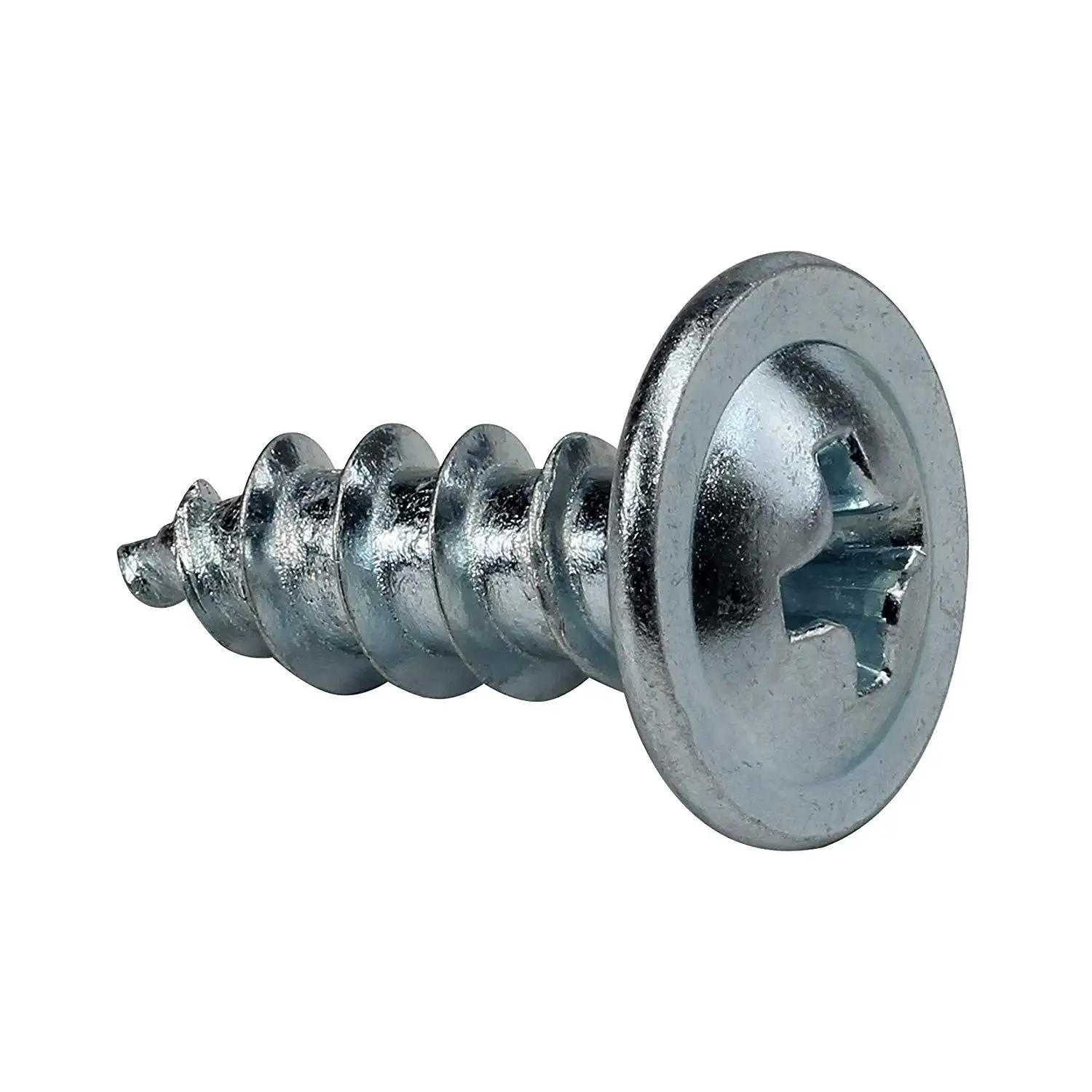Comparison of Beveled Washers and Flat Washers for Optimal Performance and Application
Beveled Washers vs. Flat Washers A Comprehensive Comparison
When it comes to fastening and securing components in machinery, construction, and various engineering applications, washers play a crucial role. Among the numerous types of washers available, beveled washers and flat washers are two of the most commonly used. Understanding their differences, applications, and advantages can help in choosing the right one for your project. This article delves into the characteristics and uses of beveled washers and flat washers to provide clarity on their respective benefits.
Overview of Flat Washers
Flat washers are the simplest type of washer, characterized by their flat, disc-like shape. Typically made from materials such as metal, plastic, or rubber, flat washers serve several purposes. Their primary function is to distribute the load of a threaded fastener, such as a screw or bolt, over a larger area. This helps to prevent damage to the surface being fastened and ensures a more secure fit by minimizing surface contact pressure.
Flat washers are also used to reduce friction, prevent leakage (in hydraulic applications), and act as a spacer between fasteners and components. They are versatile and can be found in numerous applications, from household items to heavy machinery.
Characteristics of Beveled Washers
Beveled washers, also known as waved or conical washers, have a design that features a sloped surface. This unique shape allows them to accommodate uneven surfaces or to fit into a recess where a flat washer may not be suitable. The beveled edge of these washers helps to create a tighter connection, aiding in compensating for any misalignments between the components being fastened. This characteristic makes beveled washers particularly beneficial in applications where reliability and precision are paramount.
Additionally, beveled washers can come in various angles and heights, allowing for customization according to specific needs. Their ability to absorb shock and vibration is another advantage, making them ideal for use in situations involving movement or heavy loads.
beveled washer vs flat washer service

Comparison of Applications
When determining whether to use a beveled washer or a flat washer, the application's specific demands must be considered. Flat washers excel in standard applications where surfaces are even, and there is no need for additional adjustment or accommodation for irregularities. They are widely used in general assembly tasks, construction, and fixing components in various machinery.
In contrast, beveled washers shine in applications that require a higher level of precision and adaptability. They are often employed in automotive assemblies, aerospace projects, and various industrial machines where vibration and movement are significant considerations. The resilient nature of beveled washers makes them well-suited for securing equipment subjected to dynamic forces, as they can maintain their grip over time.
Advantages of Each Type
Flat Washers 1. Simplicity and Availability Flat washers are readily available and easy to install, making them a go-to choice for general purposes. 2. Cost-Effectiveness They are usually less expensive than specialized washers, contributing to reduced overall project costs. 3. Load Distribution Their design efficiently distributes the load, preventing damage to surfaces.
Beveled Washers 1. Adaptability Their shape allows them to fit snugly into recesses and uneven surfaces, ensuring a better grip. 2. Shock Absorption Beveled washers provide excellent resilience against vibrations and shifting loads, enhancing the durability of the assembly. 3. Precision They help in achieving precise alignments, which is critical in high-stakes applications.
Conclusion
Both beveled washers and flat washers serve essential roles in the fastening processes across various industries. Choosing between them depends on the specific requirements of the application, including the need for load distribution, surface accommodation, and the potential for vibration and movement. By understanding the characteristics and advantages of each type, engineers and project managers can make informed decisions that contribute to the success and longevity of their assemblies. Whether opting for the simplicity of flat washers or the adaptability of beveled washers, the right choice will ensure secure and reliable fastening in any project.
-
Top Choices for Plasterboard FixingNewsDec.26,2024
-
The Versatility of Specialty WashersNewsDec.26,2024
-
Secure Your ProjectsNewsDec.26,2024
-
Essential Screws for Chipboard Flooring ProjectsNewsDec.26,2024
-
Choosing the Right Drywall ScrewsNewsDec.26,2024
-
Black Phosphate Screws for Superior PerformanceNewsDec.26,2024
-
The Versatile Choice of Nylon Flat Washers for Your NeedsNewsDec.18,2024










